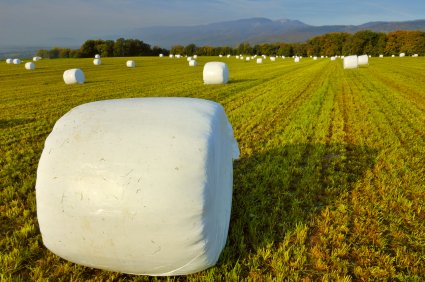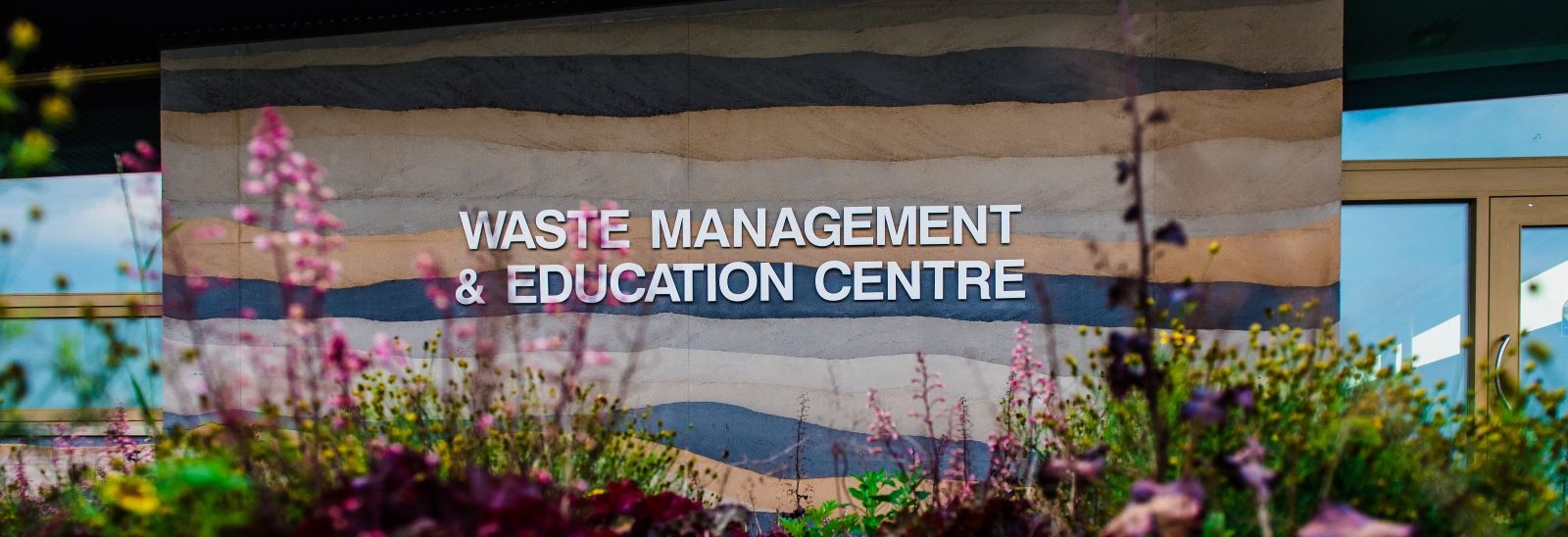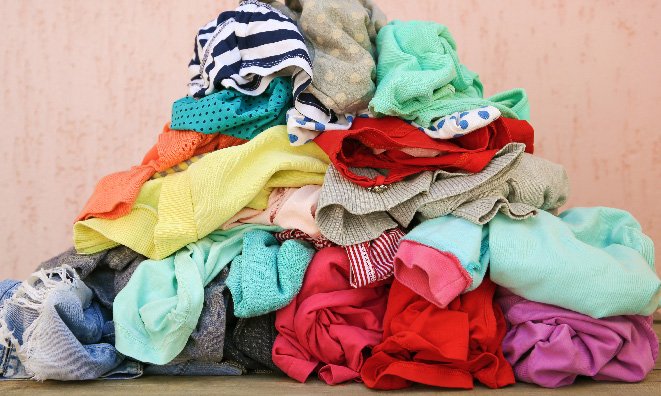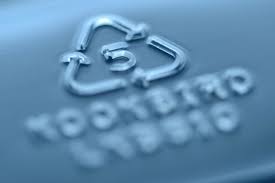Special Recycling
What do I do with?
| Old Clothes | ||||||||||||||||||||||||||||||||||||
Old clothes can be donated to a variety of community donation organizations throughout Oxford County or brought to the Oxford County Waste Management Facility to be recycled or reused.
|
||||||||||||||||||||||||||||||||||||
| Bulk Styrofoam | ||||||||||||||||||||||||||||||||||||
| See Bulk Styrofoam section below. | ||||||||||||||||||||||||||||||||||||
| Tires – on rims, shredded, farm tires | ||||||||||||||||||||||||||||||||||||
| Up to 20 tires at a time can be recycled for each resident. Tires can be on rims but shredded tires or tires that are too dirty will be charged a tipping fee. Refer to the Oxford County Waste Management Facility webpage for current rates and tire webpage below for more details. | ||||||||||||||||||||||||||||||||||||
| Film Plastic Pilot Program | ||||||||||||||||||||||||||||||||||||
| See Film Plastic Pilot Program below. | ||||||||||||||||||||||||||||||||||||
| Agricultural Plastics | ||||||||||||||||||||||||||||||||||||
| See the Agricultural Plastics Pilot Program below. | ||||||||||||||||||||||||||||||||||||
| Personal data on my old computer | ||||||||||||||||||||||||||||||||||||
| Wipe (erase) hard drives before dropping them off at the Oxford County Waste Management Facility | ||||||||||||||||||||||||||||||||||||
| Kettles and other small appliances | ||||||||||||||||||||||||||||||||||||
| Small appliances that have more metal than plastic content can be put into the scrap metal bin. Otherwise, the appliances are landfilled and tipping fees apply. | ||||||||||||||||||||||||||||||||||||
| Batteries | ||||||||||||||||||||||||||||||||||||
|
All batteries, including single-use and rechargeable batteries, are considered household hazardous waste and cannot be placed in your garbage or recycling. Safe disposal of hazardous waste helps to protect you, waste collectors, and the environment. This is because hazardous materials can pose a variety of risks, from skin damage on contact to ground water and soil contamination. Flammable hazardous materials like batteries have also been known to cause fires when they are compressed in collection vehicles or at waste management facilities. Batteries should be brought to one of the County’s two hazardous waste depots, free of charge. Oxford County Waste Management Facility City of Woodstock EnviroDepot Batteries can also be disposed of using Recycle Your Batteries, Canada! boxes located throughout the County. You can locate a drop-off box at www.recycleyourbatteries.ca. Preparing Batteries for disposal
Safe Storage Tips
Learn more about batteries at www.chargedforlife.ca |
Waste Management Facility
Location
384060 Salford Road, Salford, ON
N0J 1W0
Hours
Open hours for are Monday to Friday from 8:30 a.m. to 4:30 p.m., and Saturday 8:00 a.m. to 4.00 p.m.
Fees
The depot is free if you are not bringing any garbage in with the load, unless otherwise stated below.
Rules
Oxford County reserves the right to reject any load or object that appears to be a hazard to the safety of its employees. To help ensure the safe and efficient operation of the site, clients are asked to follow the rules.
Specialty Recycling
| Electronics |
Four out of five households have at least one electronic item they want to get rid of. You can safely dispose of e-waste at the electronic waste depot at the Oxford County Waste Management Facility (landfill).
|
| Scrap metal & white goods appliances |
Scrap metal and white goods appliances can be taken year-round to the Oxford County Waste Management Facility (landfill).
Acceptable Materials
Note: Items which contain Freon or may have contained Freon will be subject to $10.00/unit surcharge unless properly tagged by an authorized Freon removal technician. |
| Tires |
|
Tires are recycled for things like surfacing walking trails, sidewalks and driveways, roofing shingles, swings and playground equipment, athletic field turf and paving materials. Passenger tires are accepted at the Oxford County Waste Management Facility if they are on or off the rim and must be clean. The facility will accept a maximum of 20 tires per day per person. For large loads or or farm/large truck/over sized tires, please contact the Waste Management Facility (landfill).
|
| Textiles |
| Old clothes can be reused by bringing them to a variety of community donation organizations throughout Oxford County, or they can be brought to the landfill to be recycled or reused depending on their quality.
Oxford County has partnered with Diabetes Canada to reuse and recycle old textiles. Please visit their website for program rules.
|
| Film Plastic Program |
|
Oxford County started a film plastic recycling in 2020 at four depot locations: Waste Management Facility, Tillsonburg Transfer Station, Beachville Fire Hall and the Woodstock EnviroDepot. Like many municipalities, Oxford County no longer accepts plastic film as part of its municipal Blue Box Program due to the limited availability of recycling end markets for this type of material. As well, these materials are generally problematic and can damage mechanical recyclable processing equipment and easily contaminate other recyclables. The more material rejected through the recycling process, the more material is ultimately sent to the landfill. Although the municipal blue box program is no longer a viable option for plastic film recycling, depots were established to allow Oxford County residents a place to drop off film plastic at any of the four depot locations identified above, free of charge. The program aims to determine how much film plastic can be separated from the waste stream and ultimately diverted from the landfill. Oxford County continues to encourage residents to reduce the use of film plastics by:
What material is accepted and not accepted in the Film Plastic Program:
|
| Agricultural Plastics Diversion Pilot Program |

Oxford County farmers generate approximately 300 tonnes of bale and silage wrap annually. As faithful stewards of the county’s valuable agricultural resources, farmers now have an environmentally-conscious and sustainable way to dispose of plastics that would otherwise end up in a burn pile or the landfill.
Acceptable materials
Unacceptable materials
Requirements
How it works
|
| Bulk Styrofoam |
|
Styrofoam, also known as expanded polystyrene (EPS), is used as protective packaging for electronics and appliances. Polystyrene brought to the Waste Management Facility for disposal will be recycled for use in products like picture frames, construction material, packaging and synthetic lumber. Acceptable materialsBulky, rigid expanded polystyrene foam packaging (Styrofoam) found in packaging from computers, electronics, appliances and toys Accepted material must be:
Unacceptable materialsThe following Styrofoam materials are not acceptable for recycling and can be disposed as garbage
Do you have a large quantity of bulky, rigid white Styrofoam to dispose of? If you have more than 2 cubic metres of bulky Styrofoam to recycle, please contact Second Wind Recycling to organize a direct haul from your site. Second Wind Recycling is based in St. Thomas, Ontario and can be reached by phone at 519-494-4984 or via their website at: http://www.secondwindrecycling.com |
| Recycling and Cardboard Drop Off |
| View the acceptable materials here
Using the recycling depot is the same as using your personal blue box, with the same requirements and material limitations. Bagged recycling is not permitted. Cardboard must be flattened to put it in the cardboard bin although size restrictions do not apply Unacceptable material
|















 Acceptable materials
Acceptable materials Acceptable materials
Acceptable materials Acceptable materials
Acceptable materials Acceptable
Acceptable